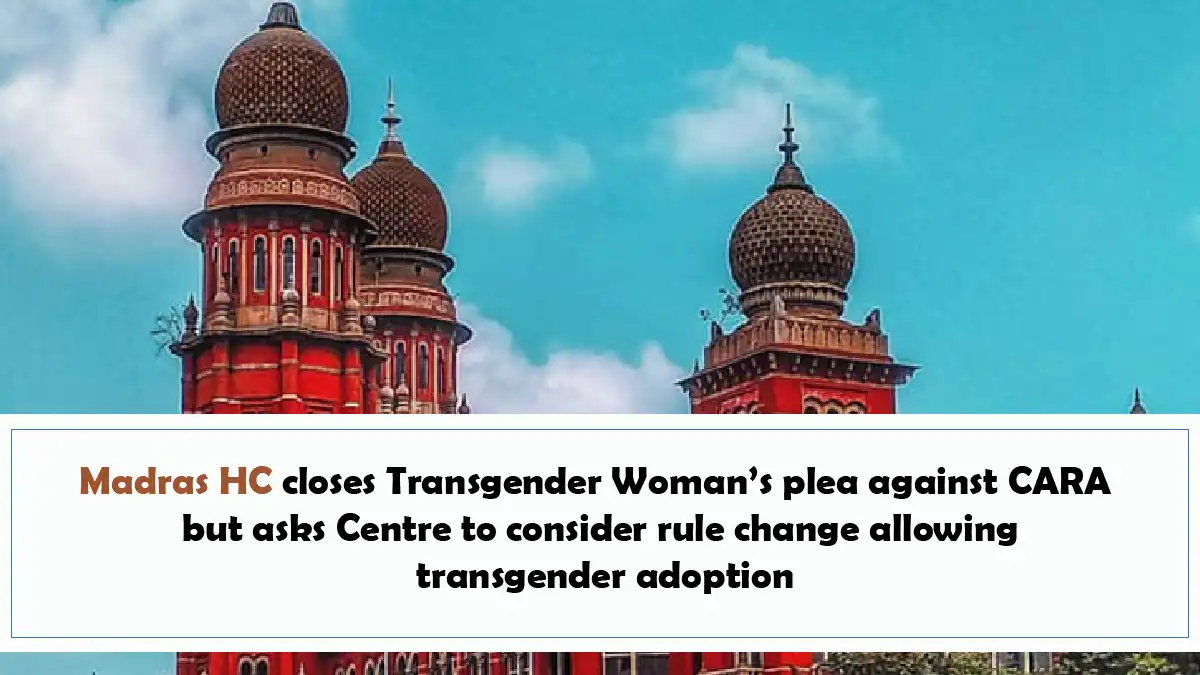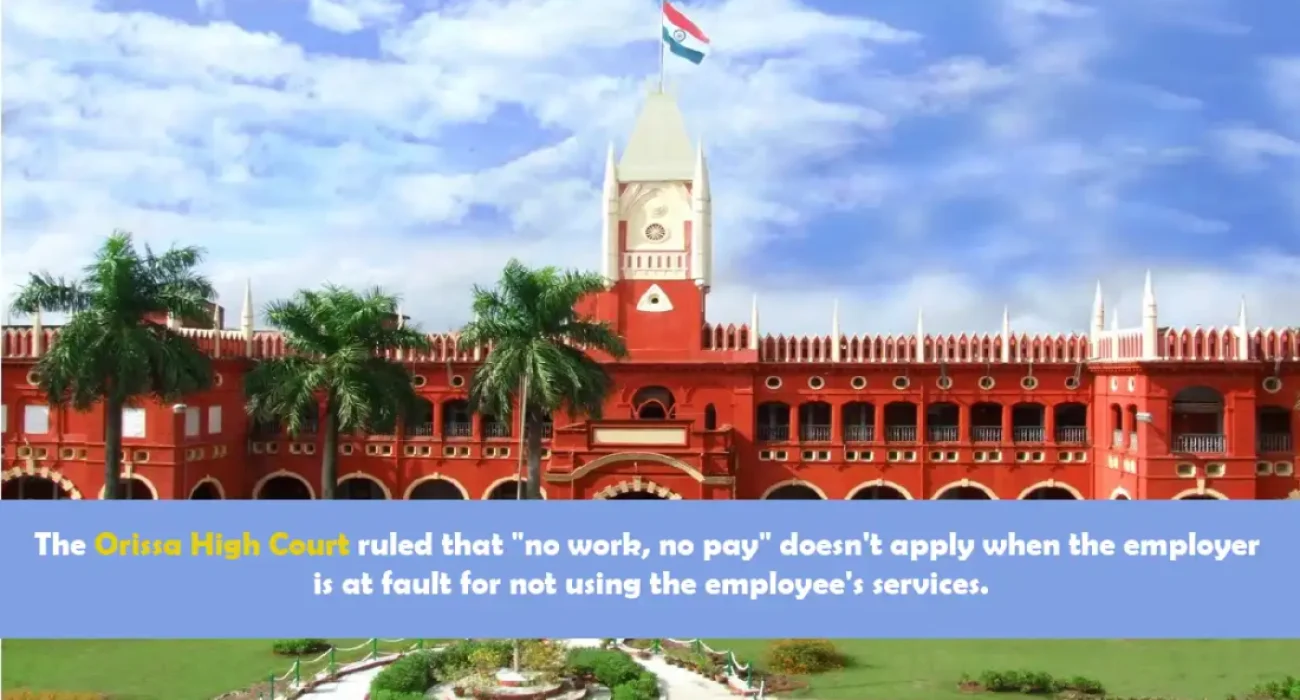

Table of Contents
ToggleInitially appointed as a History Lecturer at Joda Women’s College on 05.09.1988, the Petitioner was terminated on 23.09.1995. Following an appeal, the Director of Higher Education, Odisha, declared the termination unlawful and ordered her reinstatement. Despite this, the governing body did not comply, prompting the Petitioner to file a writ petition in 1996. The Orissa High Court then enforced the Director’s order. Reinstated on 10.01.1996, she served until her retirement on 31.01.2023. She later sought back pay from 10.01.2006 and regularization for the period from 23.09.1995 to 09.01.2006. The Director confirmed partial salary payments but highlighted ongoing delays by the governing body in regularizing her service.
The petitioner argued that, following the Director’s ruling and subsequent court orders, she was entitled to back wages for the period of illegal termination (23.09.1995 to 09.01.2006) and to have her service period regularized with full consequential benefits.
The respondent (Director, Higher Education) contended that the petitioner was paid provisional differential salary for the period from 10.01.2006 to 29.02.2012 and claimed that the regularization of the termination period was the responsibility of the governing body, not the Government.
The High Court observed that the Director of Higher Education had declared the Petitioner’s termination unlawful, yet the order to reinstate her was only executed on 10.01.2006. During the interim, both the Petitioner and the governing body pursued legal actions, with the Petitioner pressing for enforcement and the governing body contesting the Director’s decision.
The Court noted that the Petitioner’s contempt petition led to the release of her salary for the period from 10.01.2006 to 29.02.2012, but her earlier period of unlawful termination remained unaddressed. It emphasized that reinstatement after an illegal termination is standard, but back wages are not guaranteed automatically. The Court cited precedents such as J.K. Synthetics Ltd. v. K.P. Agrawal ((2007) 2 SCC 433) and State Bank of India v. Ram Chandra Dubey (AIR 2000 SC 3734) to underline that the principle of “no work, no pay” does not apply when the employer is at fault for not utilizing the employee’s services.
The court ruled that the petitioner’s service from 23.09.1995 to 09.01.2006 should be regularized with all financial and service benefits. It held that the State authorities, alongside the governing body, must ensure compliance with the Director’s order and the petitioner’s back wages and pension are to be paid accordingly.
IAW resources
Browse our help directory